What to expect as the Munich Security Conference kicks off with beefed up security
Security forces descended on Munich for the conference which will see an estimated 60 heads of state and over 85 government officials meet.
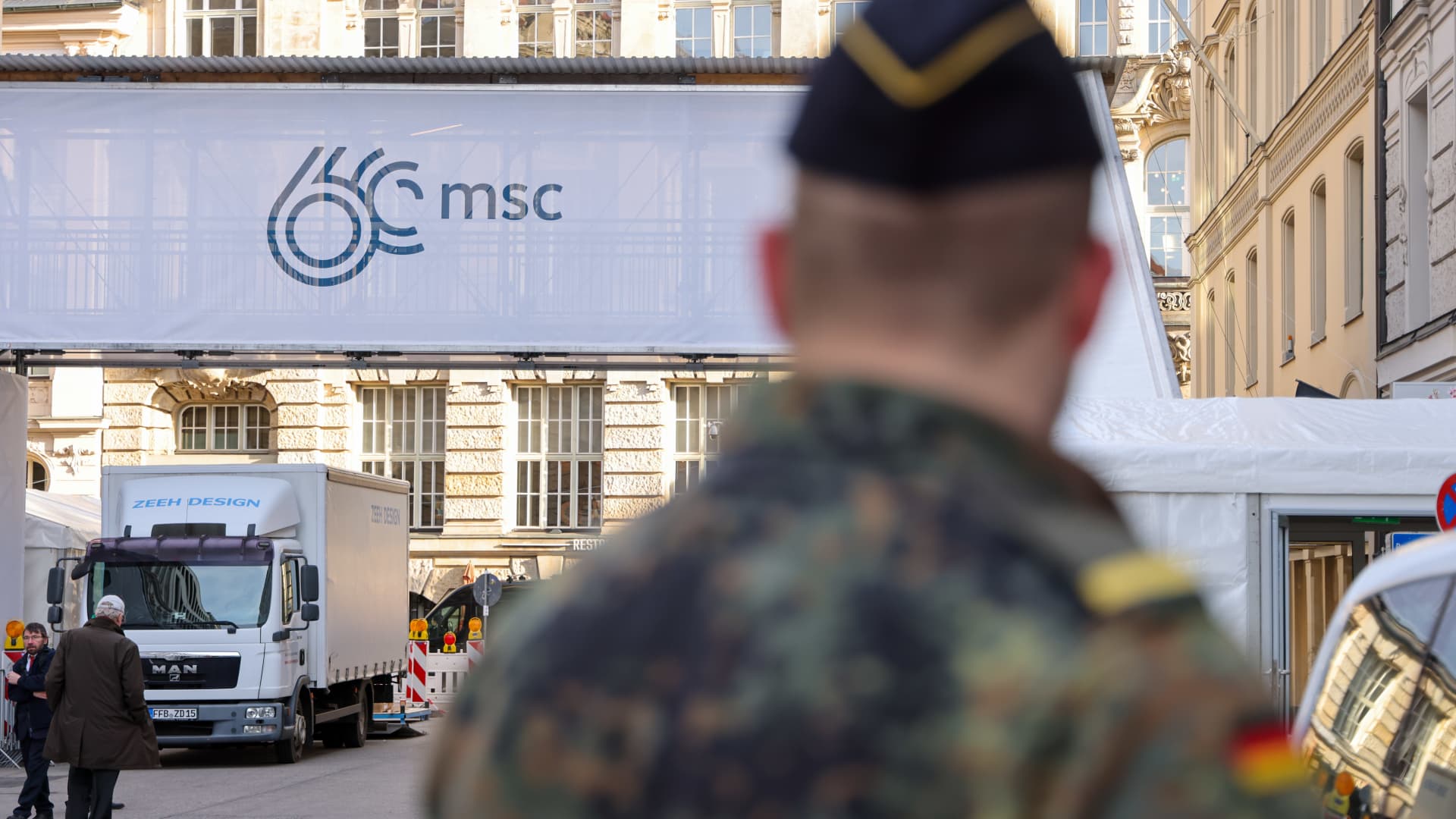
Police forces gather in the surrounds of the Munich Security Conference.
CNBC
MUNICH, Germany — Security forces descended on Munich, Germany on Friday as global leaders gathered for the city's annual security conference, which this year looks likely to be among the most consequential in its 60-year history.
Dubbed the "Davos of Defense," the Munich Security Conference will see an estimated 60 heads of state and over 85 government officials meet for three days in the Bavarian city to discuss current and future global security issues.
Front and center this weekend will be the ongoing wars in Europe and the Middle East — and the potential paths to resolution. Rising tensions in the Indo-Pacific, NATO expansion, and the potential return of Donald Trump to the White House are also expected to be high on the agenda.
The specter of a second Trump presidency looms large over the event after he said last weekend that he would encourage Russia to do "whatever the hell they want" to NATO members that fail to meet their 2% defense spending target.
Still, Trump's support for the Kremlin was seemingly rebuffed Wednesday when Russian President Vladimir Putin said he would prefer a "more predictable" President Joe Biden to win the 2024 U.S. election.
Zelenskyy, Blinken and Scholz to speak
Fittingly for a high-security forum, the event agenda was only released early Friday.
Among the top-level delegates due to speak is Ukrainian President Volodymyr Zelenskyy, who will continue his campaign for extra military and financial support as Russia's full-scale offensive enters its third year.
Israel's President Isaac Herzog and Palestinian Prime Minister Mohammad Shtayyeh will also address the conference as the Israel-Hamas war further escalates, continuing to devastate Gaza.
A member of the German armed forces near the venue for the Munich Security Conference in Munich, Germany, on Thursday, Feb. 15, 2024.
Bloomberg | Getty Images
Meantime, U.S. Secretary of State Anthony Blinken, Chinese Minister of Foreign Affairs Wang Yi, German Chancellor Olaf Scholz and U.S. Vice President Kamala Harris will be among the other major political figures in attendance.
As such, security has been stepped up across the city, with 5,000 additional police officers deployed to cover the event and reinforcement vehicles visible on most major thoroughfares.
Roads have been sealed off and parts of the local airspace closed as organizers prepare for increased security risks and a potential public backlash to the event.
At least 20 demonstrations are expected, with more protests likely to occur throughout the weekend. Hundreds of protestors are expected Friday outside the main venue, the Hotel Bayerischer Hof, to highlight alleged human rights abuses by Iran.
It comes as the Munich Security Index 2024, released Monday, pointed to a disconnect between public sentiment and political leadership, with voters more likely to be concerned with non-traditional security risks such as mass migration and climate change than traditional hard security threats.

 BigThink
BigThink 









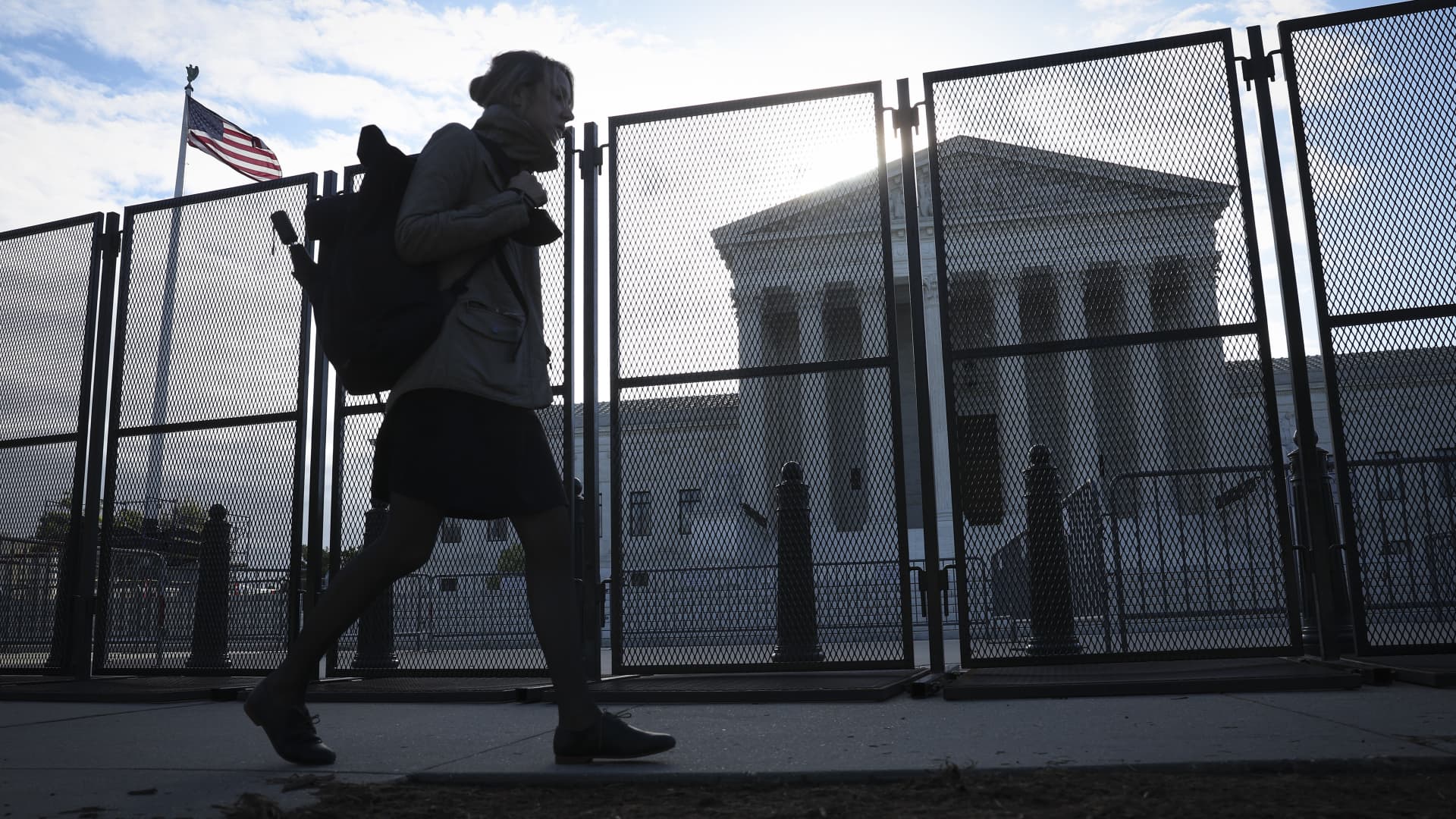
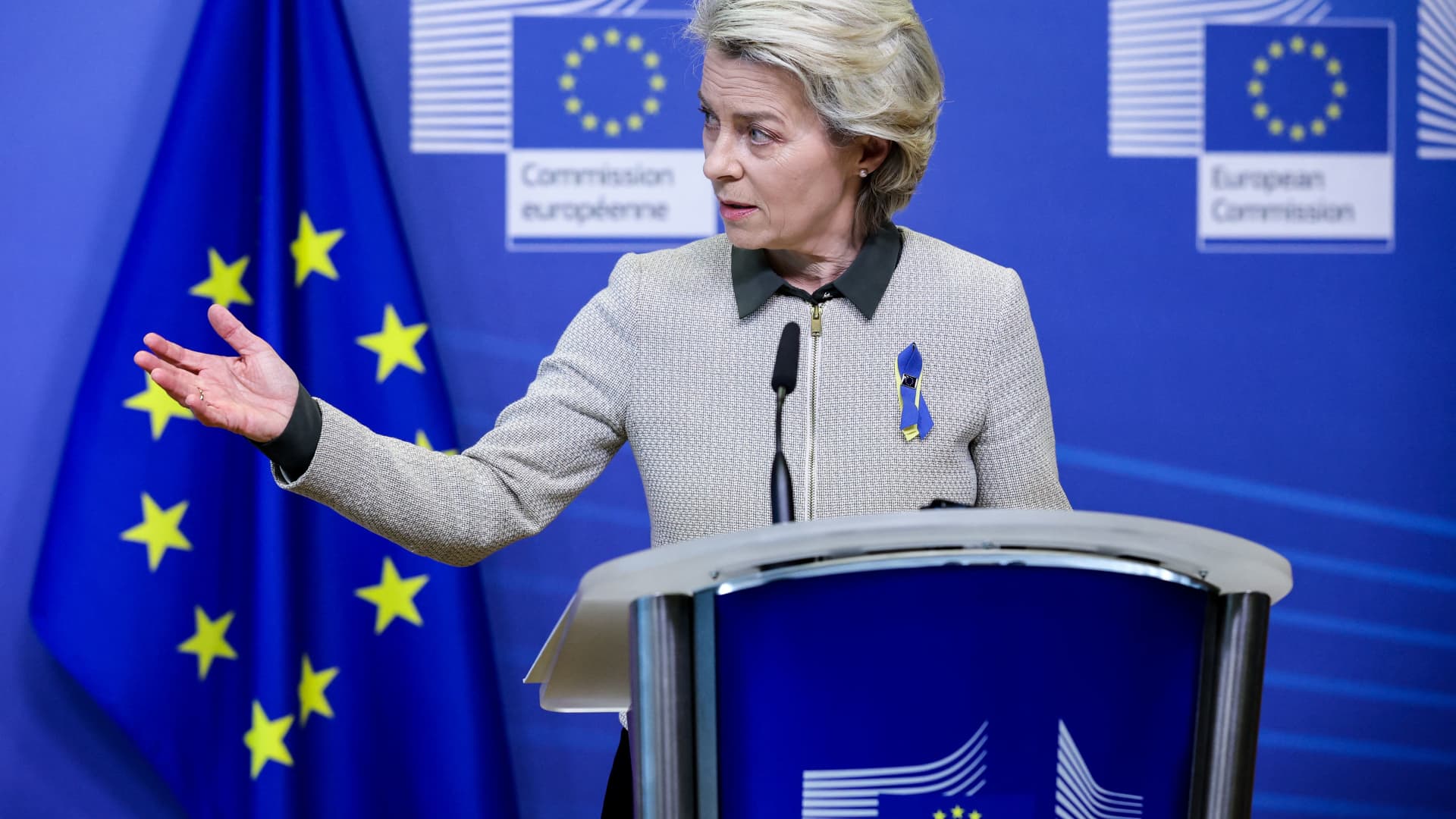
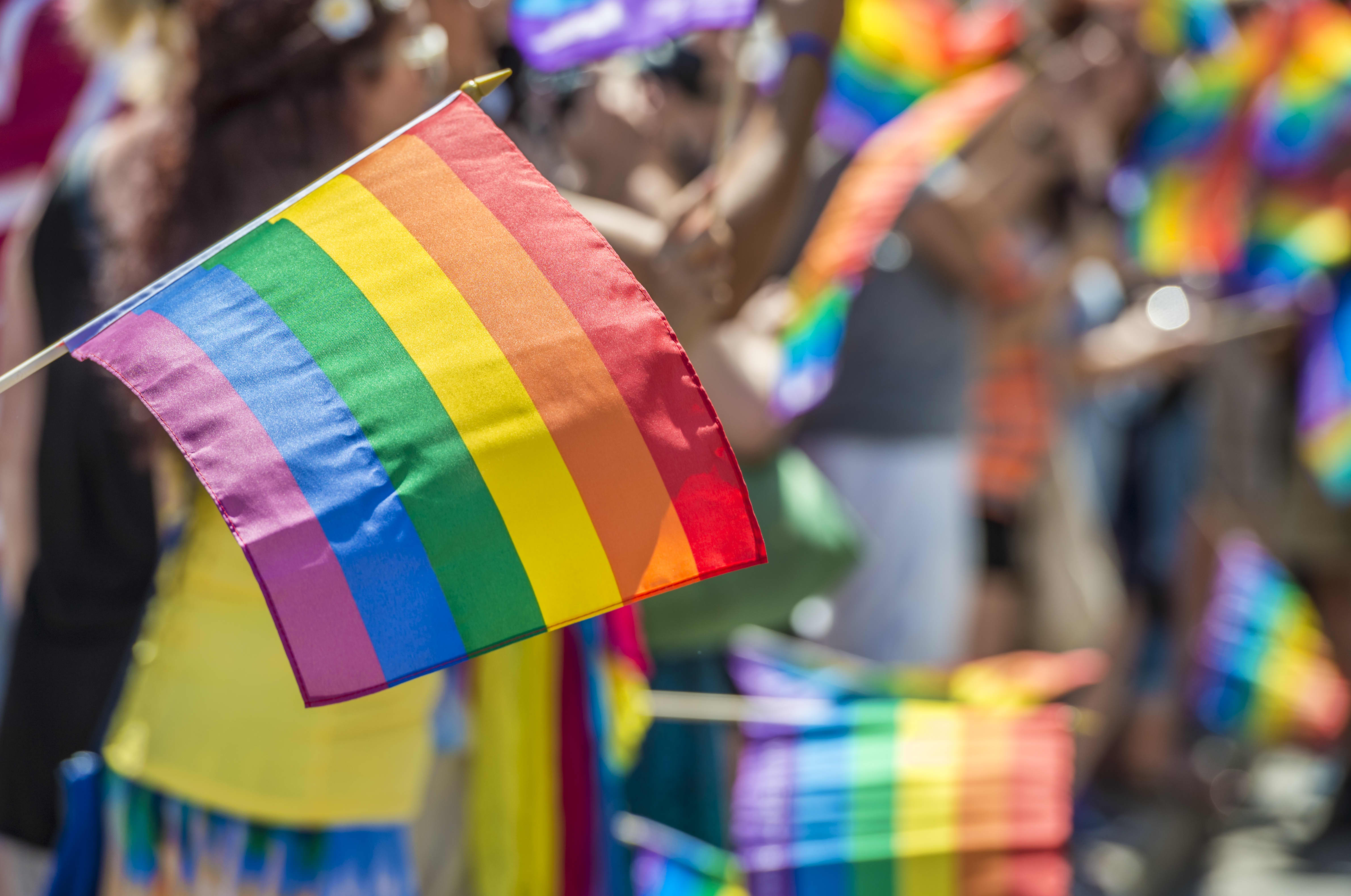
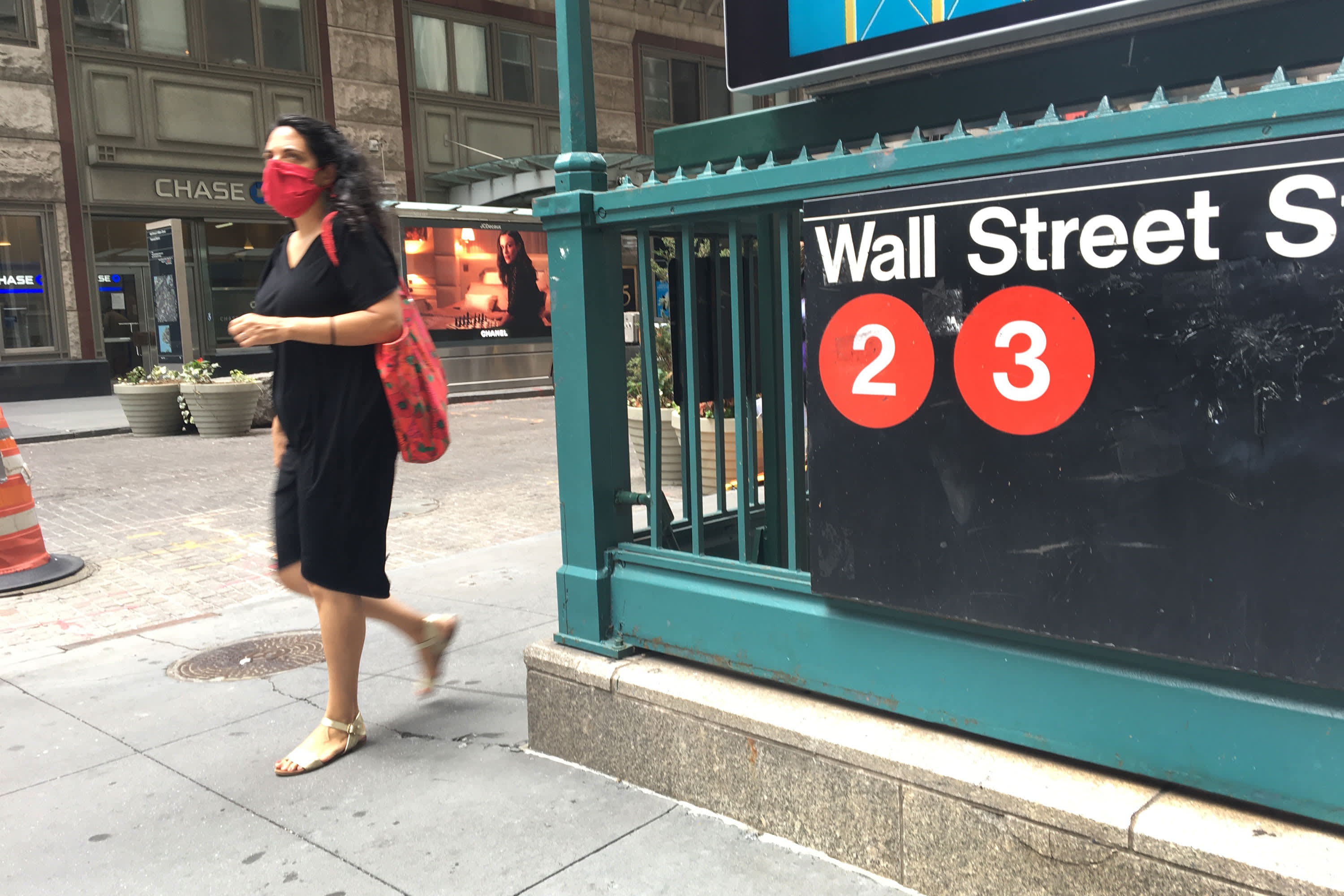












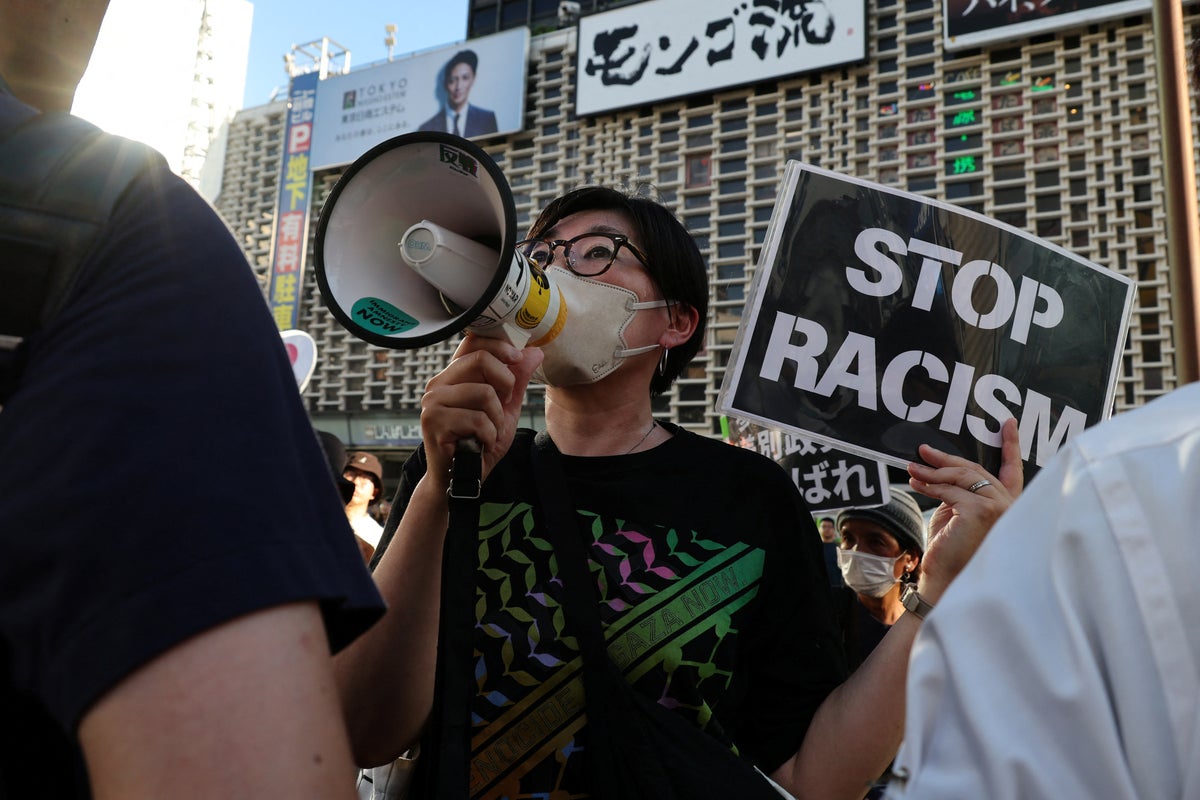



.jpg)